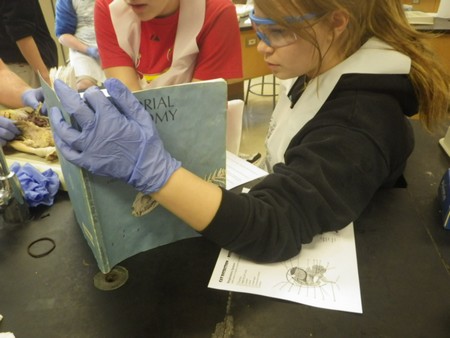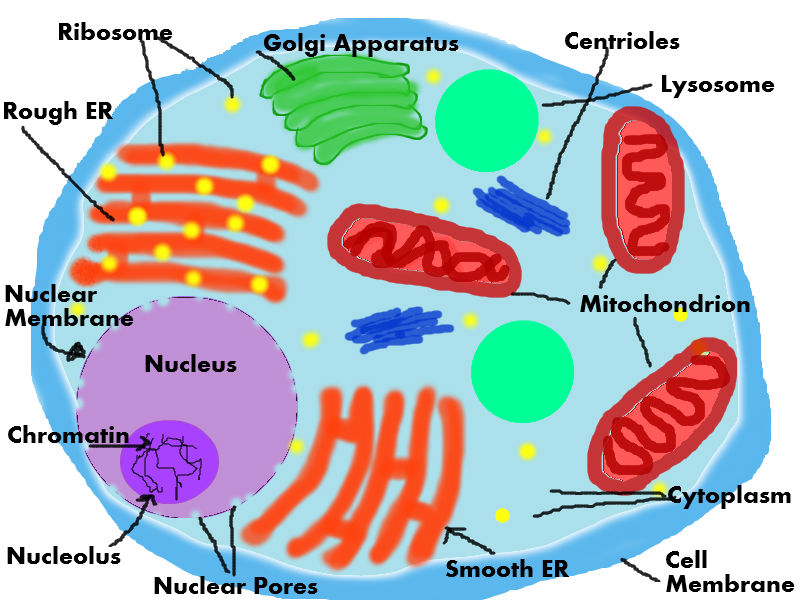The idea that learning for mastery was proposed many years ago by Benjamin Bloom. You probably are familiar with the man, and may even have a poster in your class showing “Bloom’s Taxonomy.” Every student in education knows Bloom. His ideas about mastery in learning seem to be making the rounds these days with regard to science standards.

The arguments center around philosophical differences about how a traditional grading scale and the idea of mastery overlap. For example:
- Should students be allowed to retake tests until they have achieved a minimum grade (showing mastery of the concept)?
- Should homework be graded at all or is it just a tool to achieve mastery?
- Should students be allowed to work at their own pace?
- If mastery is the goal, then shouldn’t students be given an indefinite amount of time to achieve such mastery?
I have also struggled with these questions, and find many expert opinions that differ. This article by Education Week: “Why Grades Should Reflect Mastery, Not Speed” offered a very scathing criticism for teacher’s grading practices. The author states “I firmly believe the problems of the American education system are not the result of years of poor teaching practices. They are the result of years of poor grading practices.”
Mastery in Practice
The comments of this article also provide some insights into how people feel about mastery. One student shared his experience in a school that took a mastery based approach. This student said “Students who study and get it right the first time have now basically quit working hard because they know they have 10 chances to retake a test.” When he stopped allowing students to retest for the remainder of the year then students started to ask more questions. They turned in their work, participated in class and summative test scores improved dramatically. “
This student’s experience mirrors many of the concerns I hear from other teachers when discussing the idea of retaking tests and giving students as much time as they need to master a topic. There are worries that students will stop doing homework if they don’t get a grade. They will stop studying for tests if they know they can retake it until they get an A, and that in general they will not work as hard.
While I do agree with some of his claims about grading and assessments, I think the real trouble lies in defining the idea of “mastery.” What actually constitutes mastery of a subject? Realistically, students are not going to achieve mastery on every single topic. In fact, I would contend it would take a lifetime of study in biology to master all of the learning goals.
Learning Objectives
For example, take Learning Objective 4.5 – The Student is able to construct explanations based on scientific evidence as to how interactions of subcellular structures provide essential functions.
To achieve this goal, we construct models of cells, learn the functions of organelles, we even do a case study about mitochondrial and lysosomal disorders. At the end of the unit, I feel confident my students have achieved this goal, but I wouldn’t be comfortable saying that they have mastered it.

This doesn’t mean it is impossible to achieve the learning goals. I just question the idea that a high school student with a limited amount of time can master all of biology. I have a degree in biology but do not consider myself a master. In fact, I may never be a master. I will never stop trying to improve upon my knowledge of biology and my methods of teaching, and every year of experience and learning gets me closer to the goal of mastery, but never achieving it. This, of course, is a philosophical position regarding the nature of learning and mastery. I wonder if Charles Darwin considered himself a master of naturalistic sciences?

